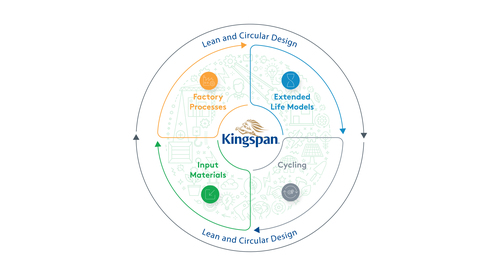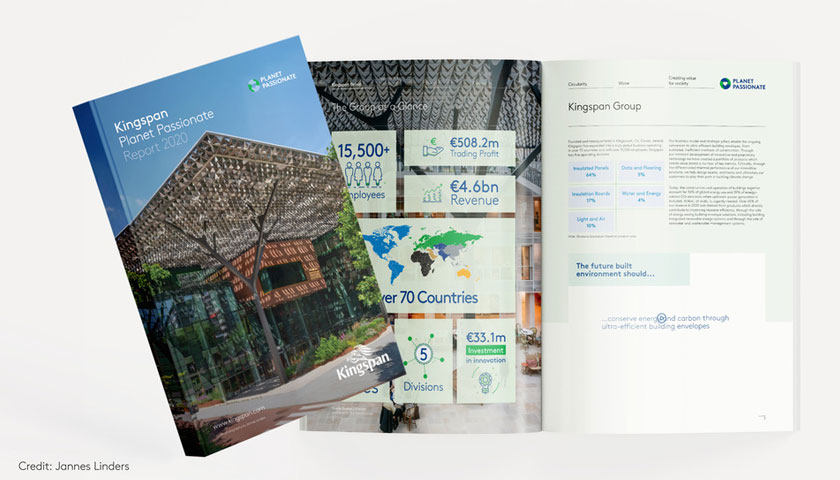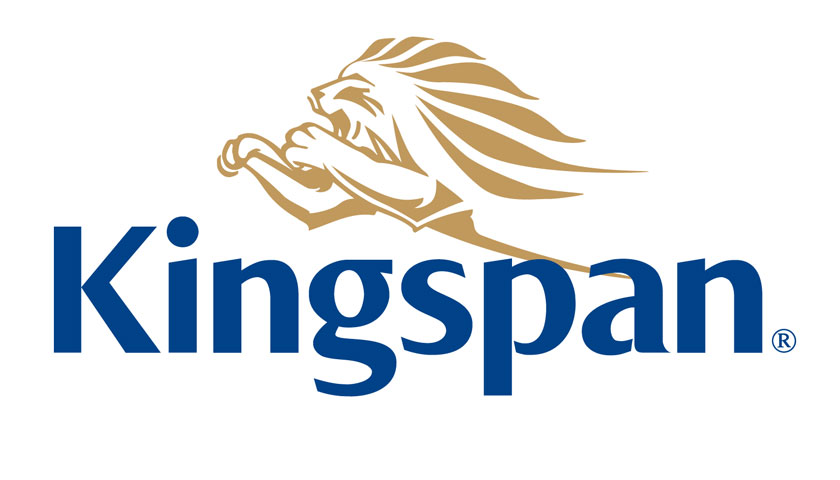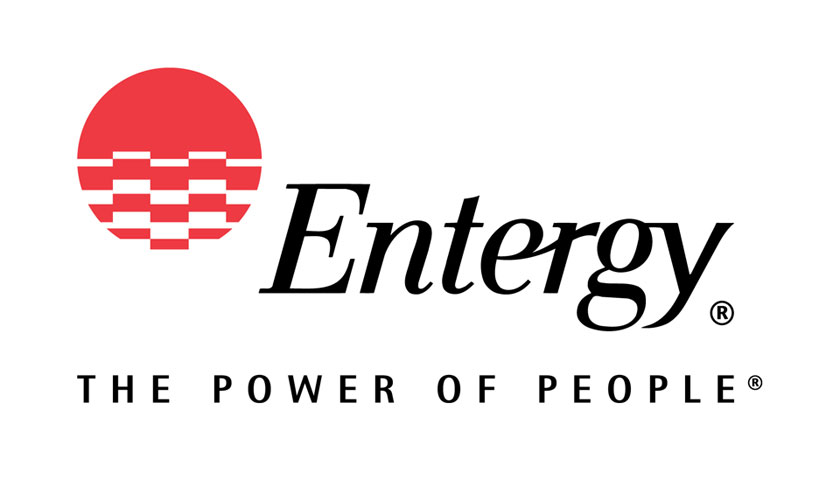Global building industry leader Kingspan recently published its inaugural “Planet Passionate” Sustainability Report, reviewing the first year of progress in the 10-year strategy it launched in December 2019. As part of this they have relased further details on their new Product Circularity Framework, below is their post showcasing their announcement:
The climate emergency has highlighted the fact that we need to act on several fronts to build resilience and reduce carbon, protecting our future and that of our planet. The traditional linear economy (take, make, waste) that we currently operate in is unsustainable. We need to find a way to thrive that will support growth without impacting the planet or its people.
Today, the construction industry consumes 42.4 billion tonnes of materials each year and accounts for 50% of global material use.1 At Kingspan, we believe that shifting to a circular economy as a society is an opportunity to make the step change needed to address these issues by decoupling resource use, natural capital degradation and waste generation from economic growth. For businesses operating in the construction industry this presents a challenge, requiring a complete change in mindset, and a clear roadmap to take those essential steps towards a more sustainable future. For Kingspan that roadmap is a combination of our Planet Passionate programme, which sets clear targets for our supply chain and our operations for the next decade, together with a company-level approach to the circular economy and our new LIFECycle Product Circularity Framework.
As a global manufacturer of construction products, we have a responsibility to ensure that we are part of the solution to the unprecedented social and environmental challenges the world is facing. We see this as an opportunity to engage with a new way of working that will enable us to thrive as a business, whilst reducing our environmental impact, supporting the UN Sustainable Development Goals, and promoting the circular economy within our sector.
1. World Green Building Council Strategy, 2020-22
Our Planet Passionate Commitments to Circularity
Launched at the end of 2019, our ambitious Planet Passionate ten-year sustainability programme, across our global operations, aims to help address three urgent global challenges – climate change, circularity and protection of our natural world. These issues are intrinsically linked, so finding circular solutions will ultimately have a positive impact on both climate change and the natural world.
The first step on our circularity journey was the inclusion of three ambitious targets within the programme. We are aiming to achieve zero company waste to landfill by 2030, to recycle 1 billion PET bottles annually into our manufacturing processes and to utilise this recycled PET across our innovative Quadcore® insulation products by 2025.
Our Planet Passionate Annual Report outlines our progress towards these targets during 2020 with our Tate Flooring Division in the US and Holywell insulated panels facility in the UK achieving zero waste to landfill. 573 million PET bottles were recycled into our processes, and our Quadcore® insulated panels manufactured in the USA currently utilise recycled PET.
We are still at the beginning of our journey but are keen to progress the agenda within our business at pace. Addressing the circular economy has now become a major factor in how we develop our products, drive operations and collaborate with our supply chain, customers and industry initiatives. We will embed circularity principles across our business to enable a systemic change mindset. This is where our new LIFECycle Product Circularity Framework comes in.
What is the LIFECycle Product Circularity Framework?
The LIFECycle framework defines what a circular product will look like for Kingspan, building on core principles from across industry to develop a robust framework which addresses the following themes:
- Lean and Circular Design, bespoke to the product and industry need;
- Input Materials that are circular, and responsibly sourced;
- Factory Processes without waste or pollution;
- Extended Life Models, including potential reuse and/or repurposing where appropriate; and
- Cycling, where products can be broken down back to their basic material level if required, thereby allowing those materials to be remade into new products.

What does the LIFECycle Framework mean in Practice?
If we break each of the five steps down, you can see how they will positively impact our future operations.
Lean & Circular Design
Circularity must start with design, both at a product and a building level. This means thinking about product characteristics and industry need in the long term to provide bespoke solutions. To do this we are aligning ourselves with the Ellen MacArthur Foundation Circular Design Guide to embed lifecycle thinking and circular principles into our product design for both new and existing products. We will use the framework to baseline performance and identify opportunities for improvement. It also applies when we provide design advice for the use of our products in application.
Input Materials
We define circular materials as being either from renewable or recycled sources. A core aspect of sourcing materials under both of these categories is sustainable procurement. Linking with our supply chain sustainability programme, we are actively engaging with our main raw material suppliers to determine how to significantly increase the volume of recycled and/or renewable materials we can procure to produce our products.
One area we have already made significant progress with is ensuring that our products are responsibly sourced along ethical, social and environmental guidelines, and many of our UK insulation and insulated panel manufacturing sites have achieved BES 6001 certification for responsible sourcing.
Factory Processes
In line with our Planet Passionate target to eliminate waste to landfill throughout our business, we are developing and implementing multiple initiatives to reduce, or where possible prevent, waste generation. One such initiative was the investment in a mechanical recycling solution for our Insulated Panels facility at Kingscourt, Ireland. This mechanical solution will pelletise insulation production waste and enable it to be re-introduced into the production of new products or as a feedstock for other industries and applications.
Extended Life Models
Here we are looking to maximise the in-use potential of products by extending their serviceable life for as long as possible and enabling onward reuse of products if they can still provide value to another application or building. The product level attributes that will help us to achieve this are durability, modularity and design for disassembly. At a business model level, it requires us to facilitate extended service life and support reuse.
Cycling
The final stage, after all reuse and extended life options have been explored, is cycling. Our challenge here is to help keep these materials within the economy once the product has come to the end of its service life, by allowing products to be broken down all the way back to their base material level so that they can be remade into new products.
“As a global manufacturer, we want to help enable a more circular built environment. We are committed to playing our part to help realise the systemic level change required across our industry. Ultimately, we must all transform how we design, operate and dismantle buildings, from the materials that we use all the way through to new legal frameworks, to support reuse of products and waste legislation to drive segregation and recycling instead of landfill. We aim to help effect this change via our own internal programmes and through collaborative industry initiatives.”
Bianca Wong, Global Head of Sustainability, Kingspan.


